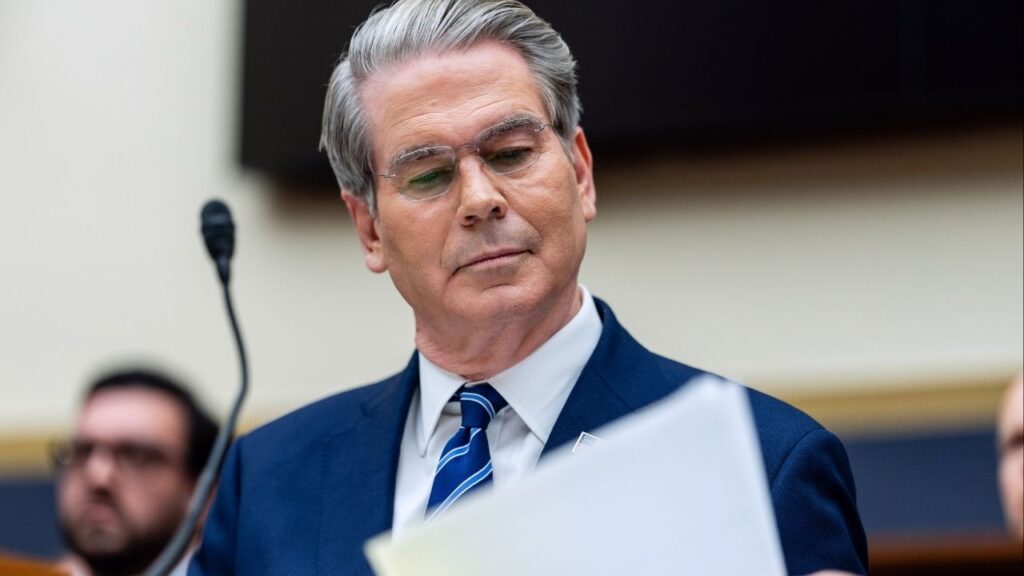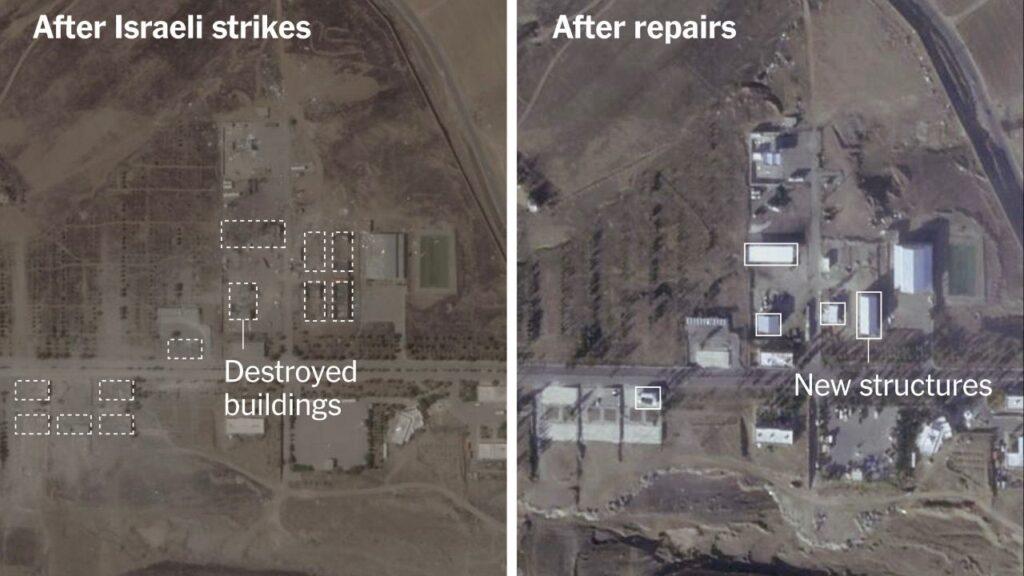Share
If there’s one thing the people of the Central Valley know about life in California these days, it’s that when there’s fire, there’s smoke.

Dr. Hannah Valino
Opinion
When major wildfires burn in the Sierra, the smoke seems to always find its way into this valley. The air quality, always a concern, becomes extremely hazardous. A study published last year in the journal Nature Communications found that because of its tiny particulates wildfire smoke is 10 times more toxic than the air pollution that regularly plagues the Fresno region.
In the era of California megafires, this threat to our health has become an all-too-common hazard. Fresno was blanketed this summer by smoke from the Oak Fire in Mariposa County, just as it was engulfed two years ago by smoke from the massive Creek Fire that burned in the Sierra National Forest.
The smoke from the Creek Fire took a terrible toll. An analysis published last year shows that the debilitating effects of inhaling that air caused a sharp increase in COVID deaths up and down the San Joaquin Valley. While the extreme fire conditions created by a warming climate will remain an ever-present concern,
Californians must not simply accept that they are destined to regularly breathe hazardous air. There are actions that can be taken to reduce the risks of wildfires and to contain them before they burn catastrophically out of control.
Prop. 30 Would Cut Wildfires, Save Forests
The first such action should be to pass Proposition 30 on the Nov. 8 ballot.
It would, for the first time, provide the resources necessary to meet the urgency of the moment. By implementing a small income-tax surcharge (1.75%) on the very wealthiest taxpayers who make more than $2 million a year, Prop. 30 would generate up to $1 billion a year dedicated to wildfire prevention and suppression.
Research conducted by the nonpartisan Wildfire Conservancy shows that by ramping up prevention and suppression efforts, California could significantly reduce the risk of major wildfires.
Specifically, those researchers find that the efforts to be funded by Prop. 30 would reduce the number of large fires by 150 and prevent up to 500,000 acres from being burned each year.
Funding from Prop. 30 would enable Cal Fire to boost staffing by 37%, which would make a critical difference at the point of initial attack. There is a very small window to stop a fire from spreading, and the effectiveness of that initial attack is what can spell the difference between a local brush fire and a megafire that rages for days on end.
In addition, funds from Prop. 30 would make possible a 60% increase in the number of acres treated each year to improve fire resiliency. That kind of activity can begin to reverse the decades of negligent land management that have made our wildlands and forests susceptible to explosive fires. Of course, the polluted air that results from wildfires is only the most visible of the air-quality problems that beset the San Joaquin Valley.

Funding for EVs, Charging Stations
The American Lung Association ranks Bakersfield and Fresno as the two most polluted U.S. cities for year-round particulate matter. The imperative to make our air healthier to breathe is hardly confined to fire season. By far, the biggest year-round culprit is California’s 30-plus million cars and trucks – the single biggest contributor to both air pollution and greenhouse gas emissions in the state.
The goal of Prop. 30 is to attack air pollution on its most critical fronts. The revenue it generates would also be used to provide subsidies to make it possible for everyday Californians to purchase electric cars and to invest in a recharging network that will make the transition to clean transportation possible.
Central Valley families have put up with polluted air long enough. It’s time for California to make a sustained effort to clean things up. That’s what Prop. 30 would do. Only if it passes will we, at last, have a chance to breathe easy.
About the Author
Dr. Hannah B. Valino is a Stockon-based pediatrician. She wrote this for GV Wire.
Make Your Voice Heard
GV Wire encourages vigorous debate from people and organizations on local, state, and national issues. Submit your op-ed to rreed@gvwire.com for consideration.
RELATED TOPICS:
Categories
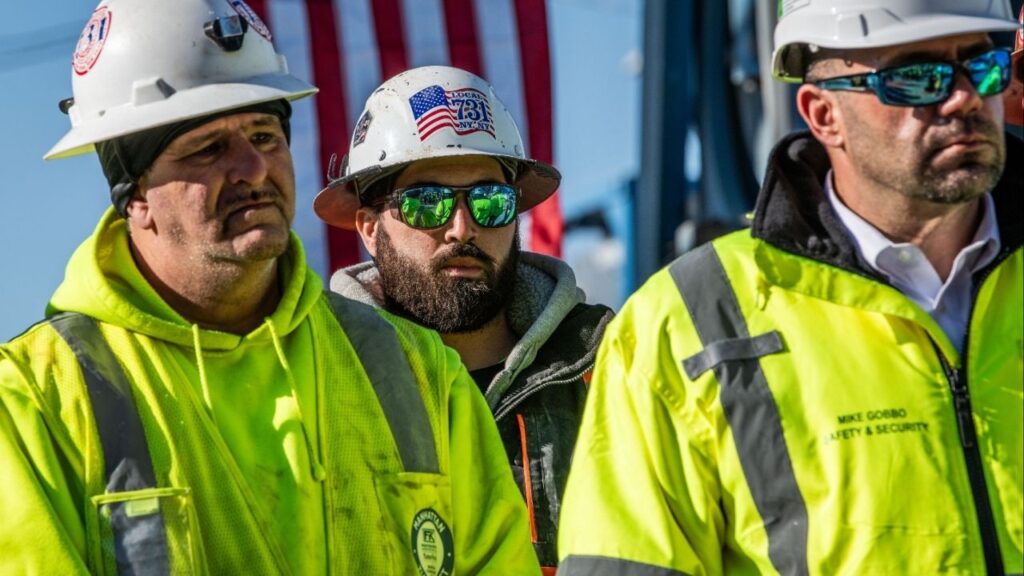
$16 Billion Hudson River Tunnel Project Begins to Wind Down
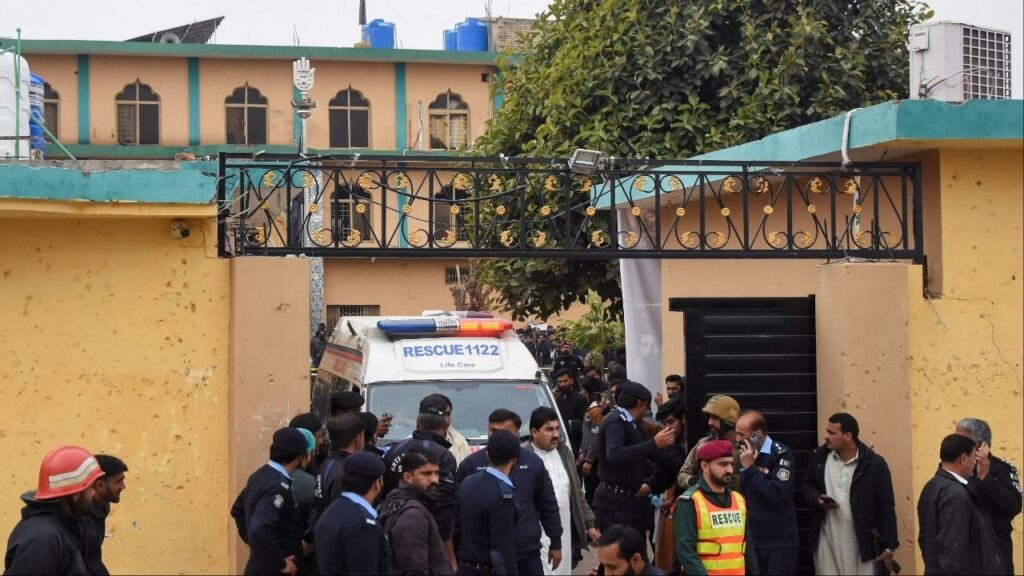
Suicide Bomber Kills 31 in Shi’ite Mosque in Pakistan’s Capital
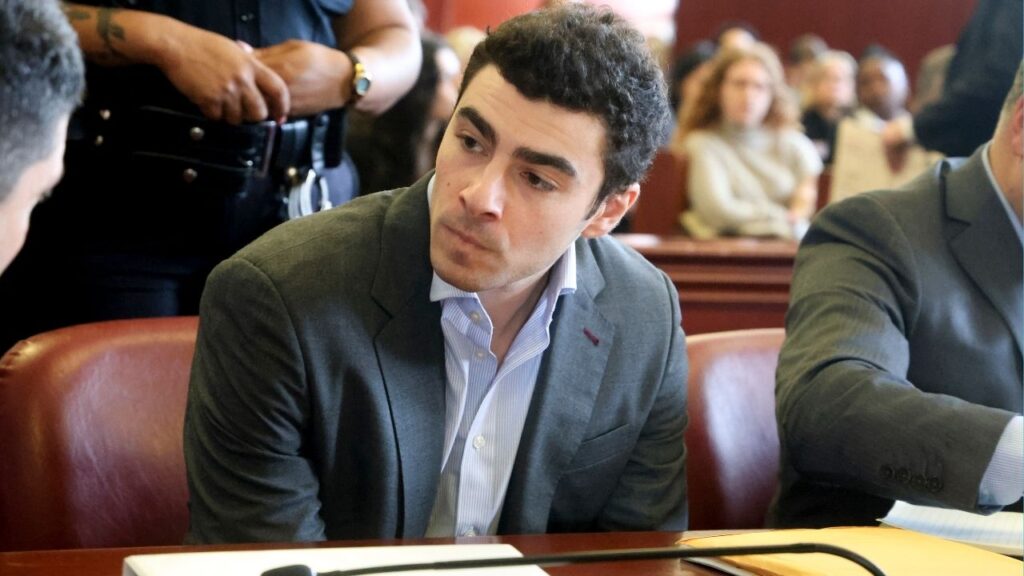
Luigi Mangione Faces June 8 Trial in State Case Over CEO Killing

Valley Crime Stoppers’ Most Wanted Person of the Day: Jeetpal Singh

Trump Shares Racist Video Depicting Obamas as Apes
